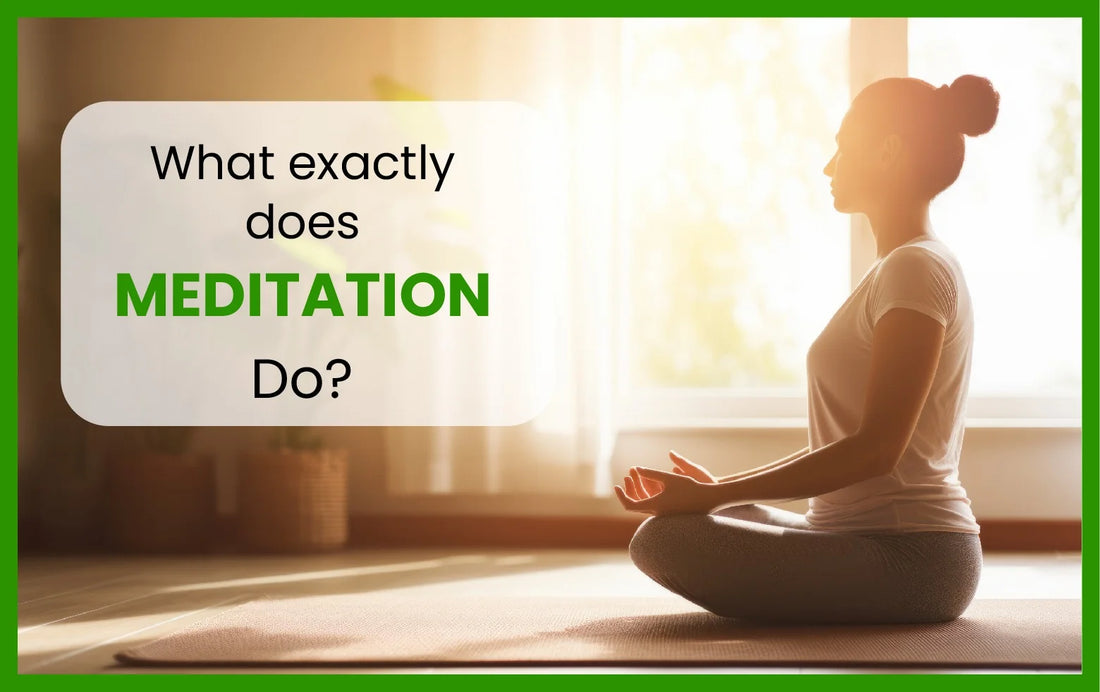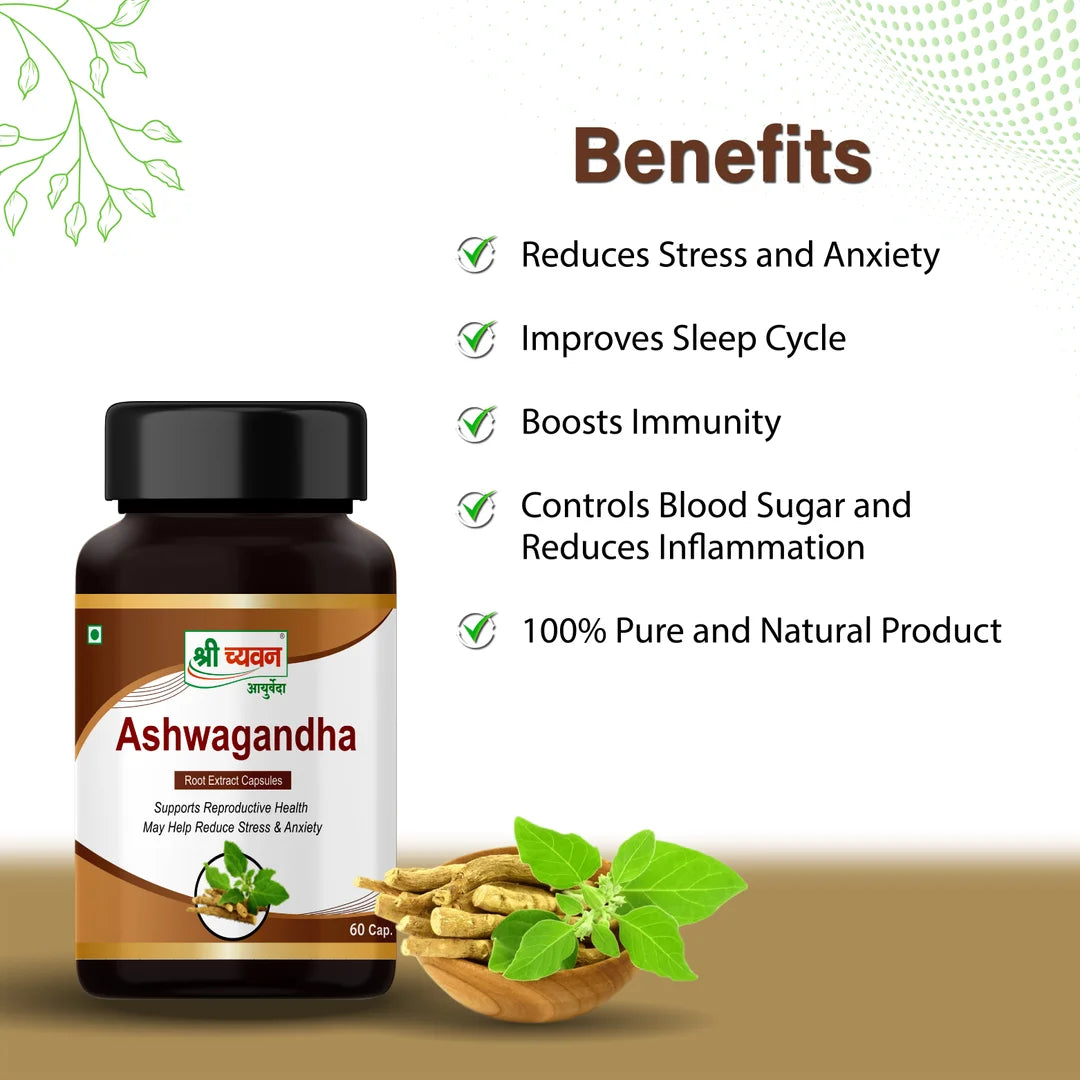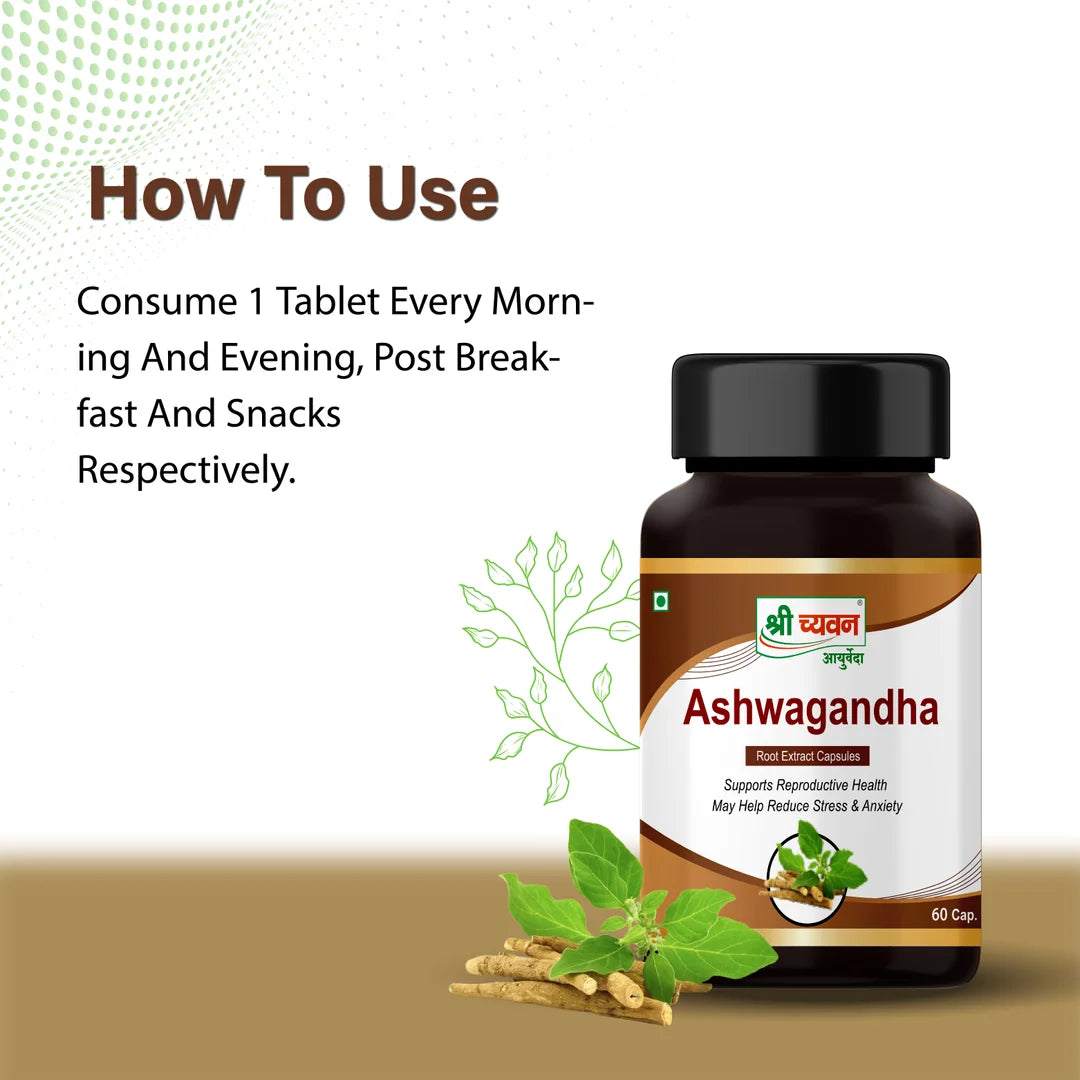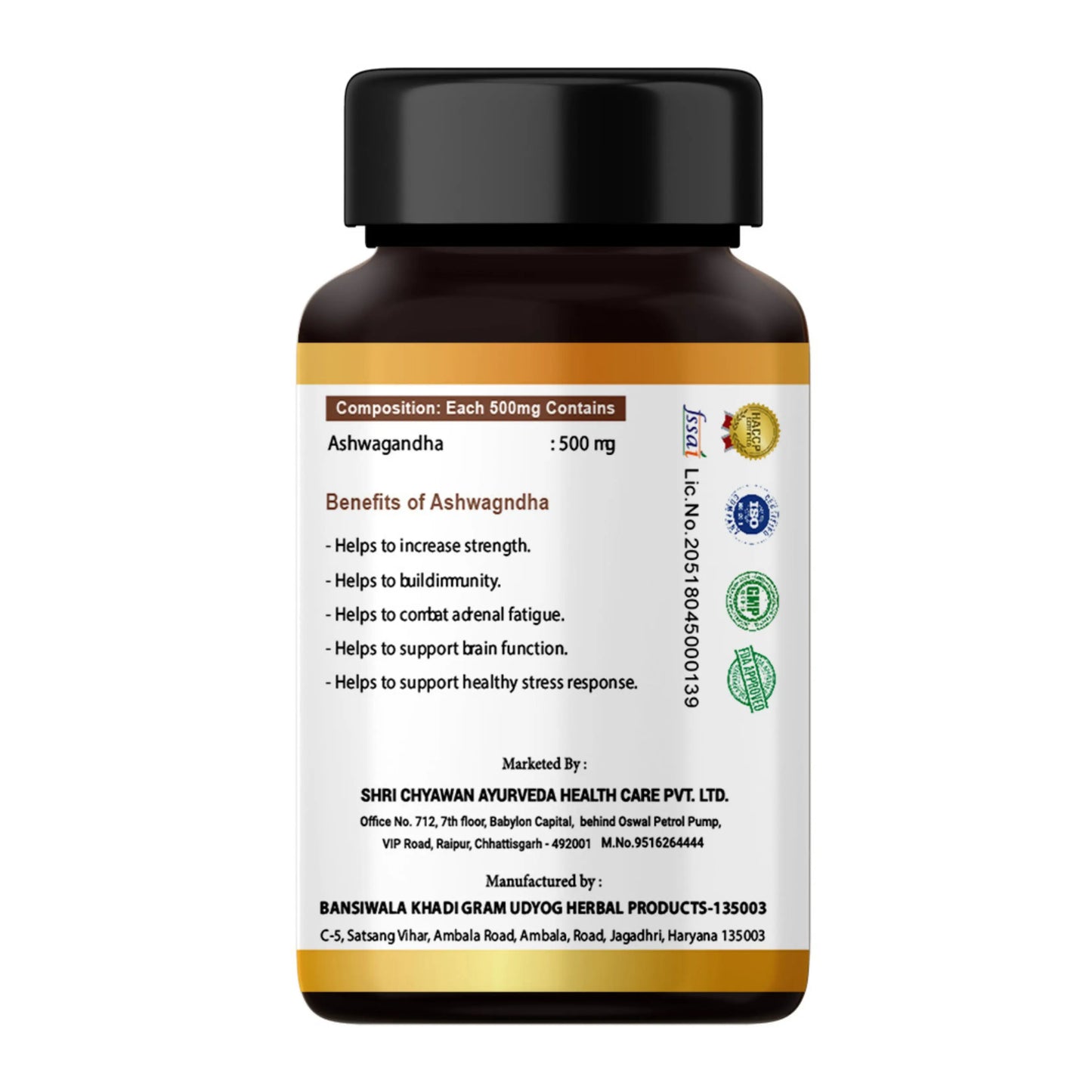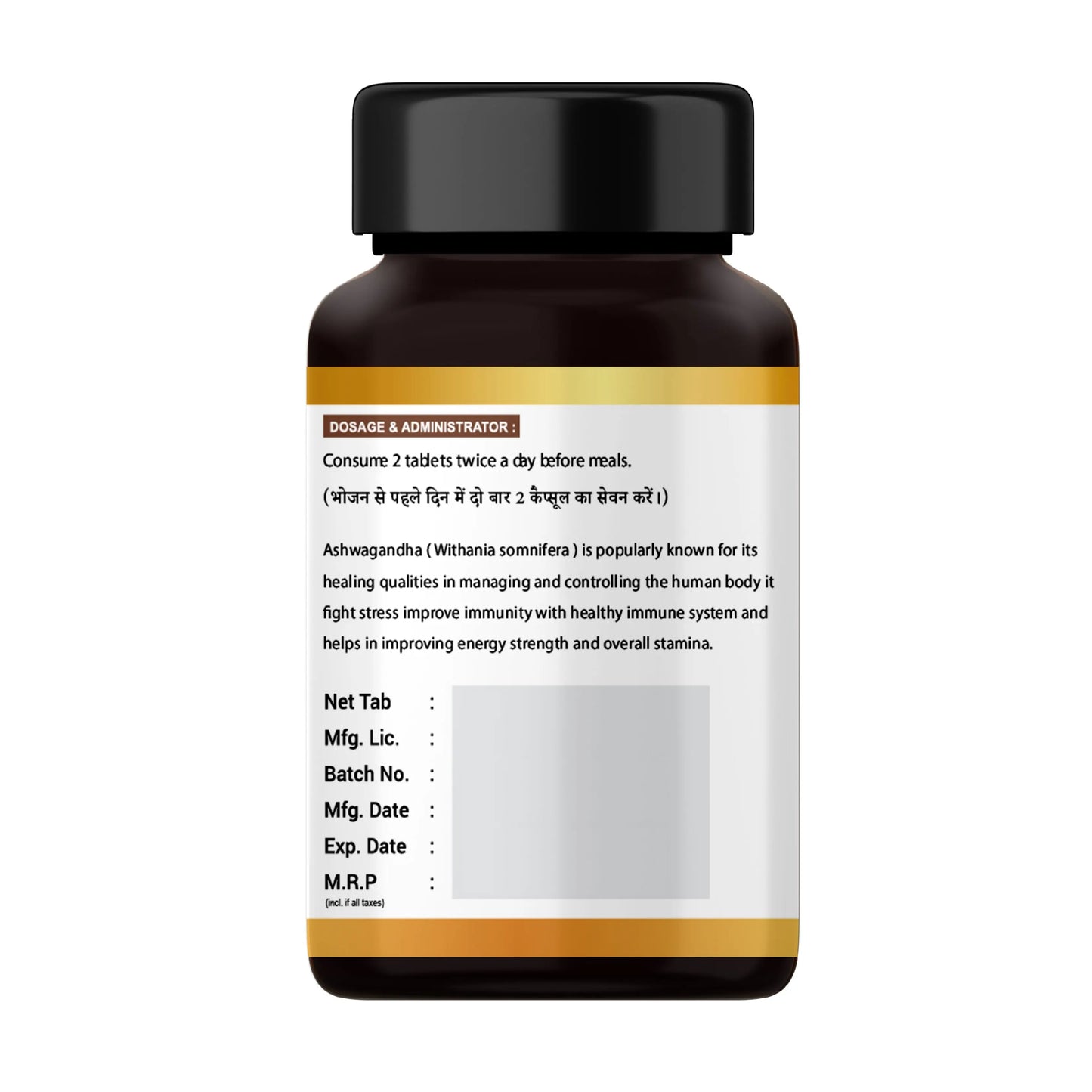Meditation, an ancient practice with roots in various cultures, has gained widespread popularity in recent times. But what exactly does it do? In simpler terms, meditation is a form of mental training that cultivates a state of awareness and focus. It involves quieting the mind's constant chatter and directing your attention to the present moment.
There are numerous meditation techniques, but most involve:
- Focusing your attention: This could be on your breath, a mantra (repeated word or sound), an object, or even a sensation.
- Training your awareness: As thoughts arise, you acknowledge them without judgment and gently bring your attention back to your focus point.
- Relaxing your body: Many techniques involve sitting comfortably and letting go of physical tension.
While meditation seems simple on the surface, it requires practice and discipline. However, the potential benefits are vast, impacting both your mental and physical well-being. Here's how meditation can influence your life:
- Reduced Stress and Anxiety: Meditation is a powerful tool for managing stress and anxiety. By focusing on the present, you detach from worries about the past or future, promoting a sense of calm and inner peace.
- Improved Focus and Concentration: Meditation trains your attention, enhancing your ability to focus on the task at hand without distractions. This can be beneficial for work, studies, or everyday activities.
- Enhanced Emotional Regulation: Meditation helps you become more aware of your emotions without getting swept away by them. This allows for a more balanced and mindful response to situations.
- Increased Self-Awareness: Through meditation, you gain a deeper understanding of your thoughts, feelings, and patterns. This self-awareness can empower you to make positive changes in your life.
- Improved Sleep: Meditation promotes relaxation and can significantly improve sleep quality. This, in turn, contributes to better overall health and well-being.
- Pain Management: Meditation can help manage chronic pain by shifting your focus away from discomfort and fostering a sense of acceptance.
FAQ About Meditation
Q: What is the best meditation technique for beginners?
A: There's no "one size fits all" approach. Here are a few beginner-friendly techniques:
- Mindfulness Meditation: Focus on your breath, noticing the sensation of your inhales and exhales.
- Mantra Meditation: Silently repeat a mantra (a word or phrase) to quiet your mind.
- Body Scan Meditation: Focus your attention on different parts of your body, noticing any sensations without judgment.
Q: How long should I meditate for?
A: Start with short sessions (5-10 minutes) and gradually increase the duration as you become more comfortable. Consistency is key, even a few minutes daily can be beneficial.
Q: Do I need any special equipment to meditate?
A: No, all you need is a quiet place to sit comfortably. You can use a meditation cushion or chair, but anything that allows you to maintain good posture works.
Q: Will meditation make my mind completely blank?
A: Not necessarily. It's natural for thoughts to arise during meditation. The goal is to acknowledge them without getting attached and gently bring your attention back to your focus point.
Q: Can meditation help with specific conditions like anxiety or depression?
A: Meditation can be a valuable tool as part of a holistic approach to managing these conditions. However, it's important to consult with a healthcare professional for proper diagnosis and treatment.
Q: Are there any risks associated with meditation?
A: Meditation is generally safe for most people. However, if you have any mental health concerns, it's advisable to speak with a healthcare professional before starting.
Meditation offers a path to cultivate a calmer, more focused, and self-aware mind. While it takes practice, the potential benefits for your mental and physical well-being are significant. So why not give it a try?

